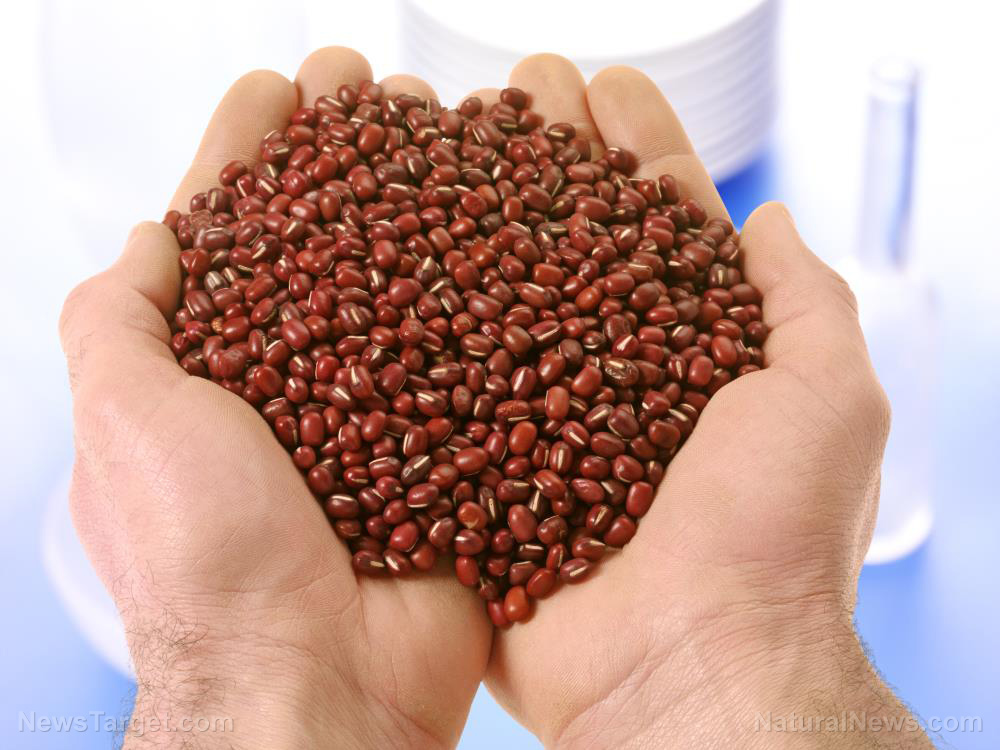Looking at the various ways we can reduce zinc and iron deficiencies in food systems
08/28/2018 / By Ralph Flores

An international study led by a team of researchers from Austria and the U.K. have tackled the current deficit of micronutrients around the world in their latest review. The article was released in the journal Global Food Security.
- In the review, the team talked about the “hidden hunger” phenomenon, which refers to the lack of mineral nutrients in food systems, particularly in less developed countries.
- The team focused on zinc and iron, which is introduced into food systems through soil and crop factors.
- To boost dietary consumption of zinc, researchers proffered four approaches – supplementation, food fortification, dietary diversification, and crop biofortification. For the last approach, the team looked at breeding and fertilizer-based methods.
- Based on supply-based estimates, zinc deficiency could be worse than iron deficiency in sub-Saharan Africa; however, researchers acknowledge gaps in their knowledge and individual biomarkers.
From these findings, researchers concluded that current advances in using stable zinc and iron isotopes can be used to increase our understanding of how these micronutrients impact our food systems, which can help alleviate “hidden hunger.”
Learn more about the current state of our food security by following FoodCollapse.news today.
Journal Reference:
Gregory PJ, Wahbi A, Adu-Gyamfi J, Heiling M, Gruber R, Joy EJ, Broadley MR. APPROACHES TO REDUCE ZINC AND IRON DEFICITS IN FOOD SYSTEMS. Global Food Security. 2017;15:1–10. DOI: 10.1016/j.gfs.2017.03.003
Tagged Under: food security, food system, hidden hunger, iron deficiency, micronutrient deficiency, micronutrients, mineral nutrients, zinc deficiency



















